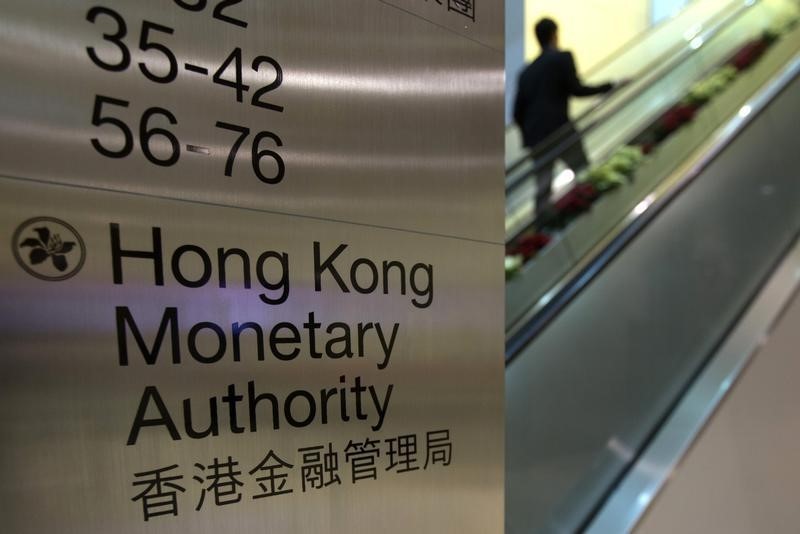This post was originally published on this site
https://i-invdn-com.akamaized.net/news/LYNXMPEB1903V_M.jpg
The Wealth Management Connect program, which will allow residents of Hong Kong, Macau and major cities in China’s southern Guangdong province to invest across the border, will also have an individual quota of 1 million yuan, according to the Hong Kong Monetary Authority.
The program will take an “incremental approach, starting with a smooth launch with possibilities for enhancements down the road,” a spokesperson for Hong Kong’s de facto central bank said in an emailed statement to Bloomberg. “At the initial stage, available wealth management products will cover non-complex products with medium to low risk.”
Talks are still going on between regulators in three jurisdictions, as well as with the financial industry.
Hong Kong’s Private Wealth Management Association hopes the the launch of the program, which will initially target retail banking clients, will take place early next year, said its chairman, Amy Lo.
The long-awaited program was announced without details in late June, just before China also unveiled a sweeping new security law in the city to crack down on anti-government dissent.
Hong Kong has sought to reassure investors it will remain a stable place after the introduction of the law, with Chief Executive Carrie Lam lobbying for more financial integration to build the city’s presence as a hub for private wealth and as a prominent offshore renminbi center.
Chinese President Xi Jinping called for deeper integration during a visit earlier this month to Shenzhen, China’s sprawling tech hub that sits just on the Kong Kong border. Lam was in the audience for the speech after she canceled her annual policy address to attend the event. She plans to give the speech late next month or earlier after consulting with officials in Beijing.
Read more: Xi Looks to Attract Hong Kong Youth to China After Protests
The program is at first likely to only allow simple and non-complex products as defined by Hong Kong’s Securities and Futures Commission in areas such as foreign exchange, fixed income and mutual funds, Lo said.
©2020 Bloomberg L.P.

